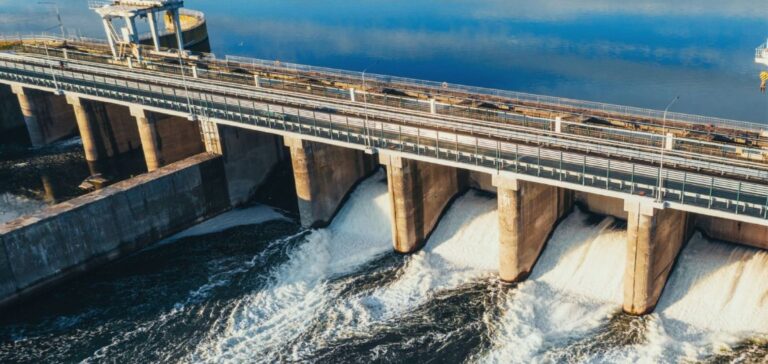The World Bank has approved a $350mn (MWK616.5bn) grant for the Mpatamanga Hydropower Storage Project in Malawi, the institution announced in a statement released on May 16. The project aims to increase the country’s electricity generation capacity by providing power to more than one million new households.
Structured as a public-private partnership, the project carries a total estimated investment of more than $1.5bn (MWK2.64bn), marking the largest foreign direct investment in Malawi’s history. It is also expected to create several thousand jobs, according to the World Bank.
An international consortium to lead development
In September 2022, the Malawian government selected a consortium led by Electricité de France (EDF) and SN Malawi BV. The latter is jointly owned by British International Investment, Norfund, and TotalEnergies. The consortium is responsible for the development and implementation of the project on the ground.
The plan involves the construction of two dams along the Shire River, located between two existing hydropower facilities. The entire project will have a generation capacity of 358 megawatts, which will double Malawi’s currently installed hydropower output.
Multilateral support for energy infrastructure
The World Bank noted that the funding is part of its commitment to strengthening critical infrastructure in sub-Saharan Africa. The Mpatamanga project addresses growing electricity demand in a country where frequent power outages hinder economic growth.
The financing will also help secure additional contributions from private partners and other financial institutions, reinforcing the project’s structure based on a blended financing model.
Installed capacity and national impact
According to information published on the project’s website, commissioning the facilities will increase Malawi’s total hydropower capacity to more than 700 megawatts. The additional supply could improve electricity access in rural areas and support the country’s industrialisation efforts.
“This project offers a concrete response to Malawi’s growing energy demand while attracting large-scale investment,” the World Bank said in its statement.






















